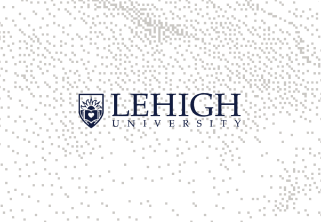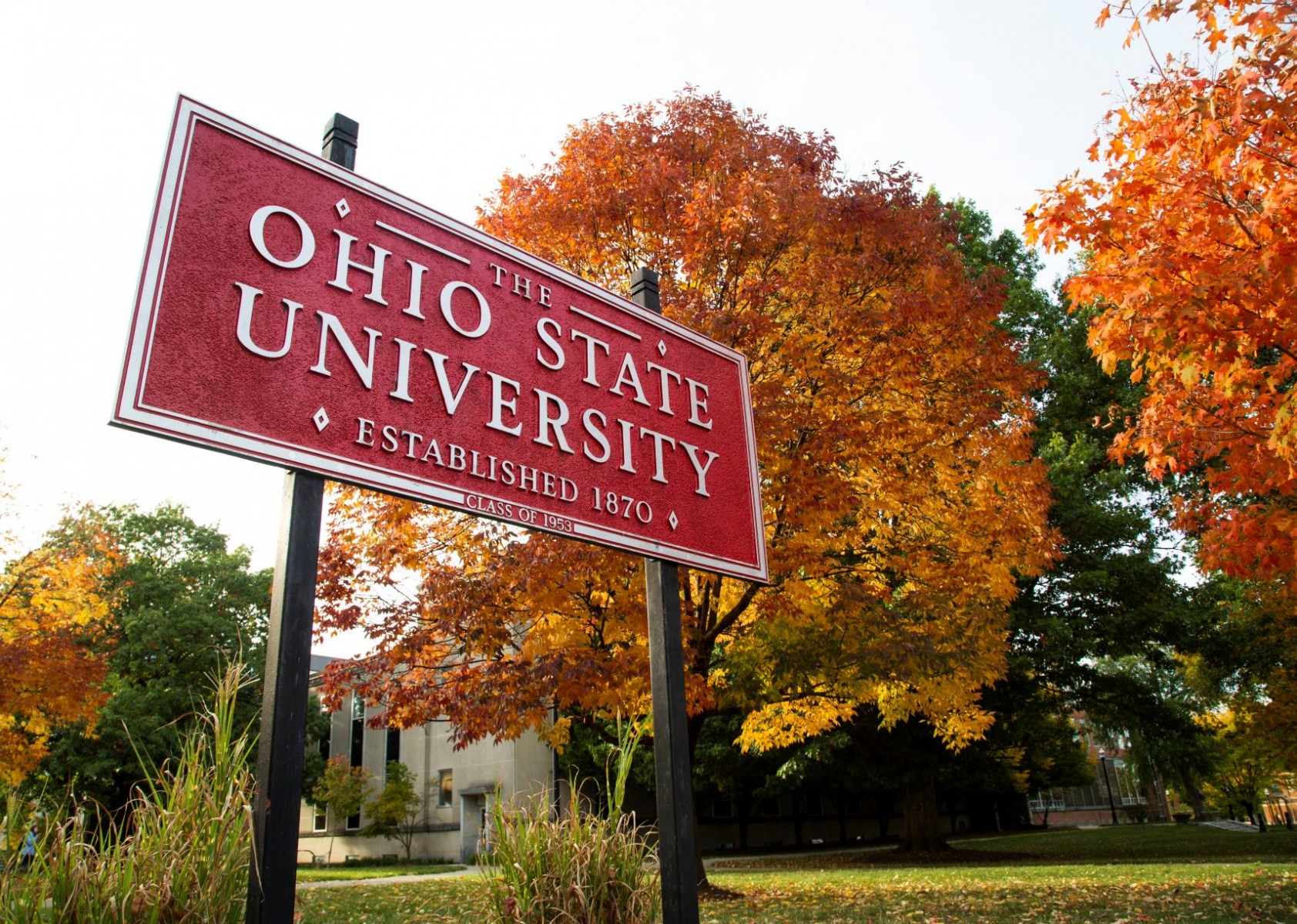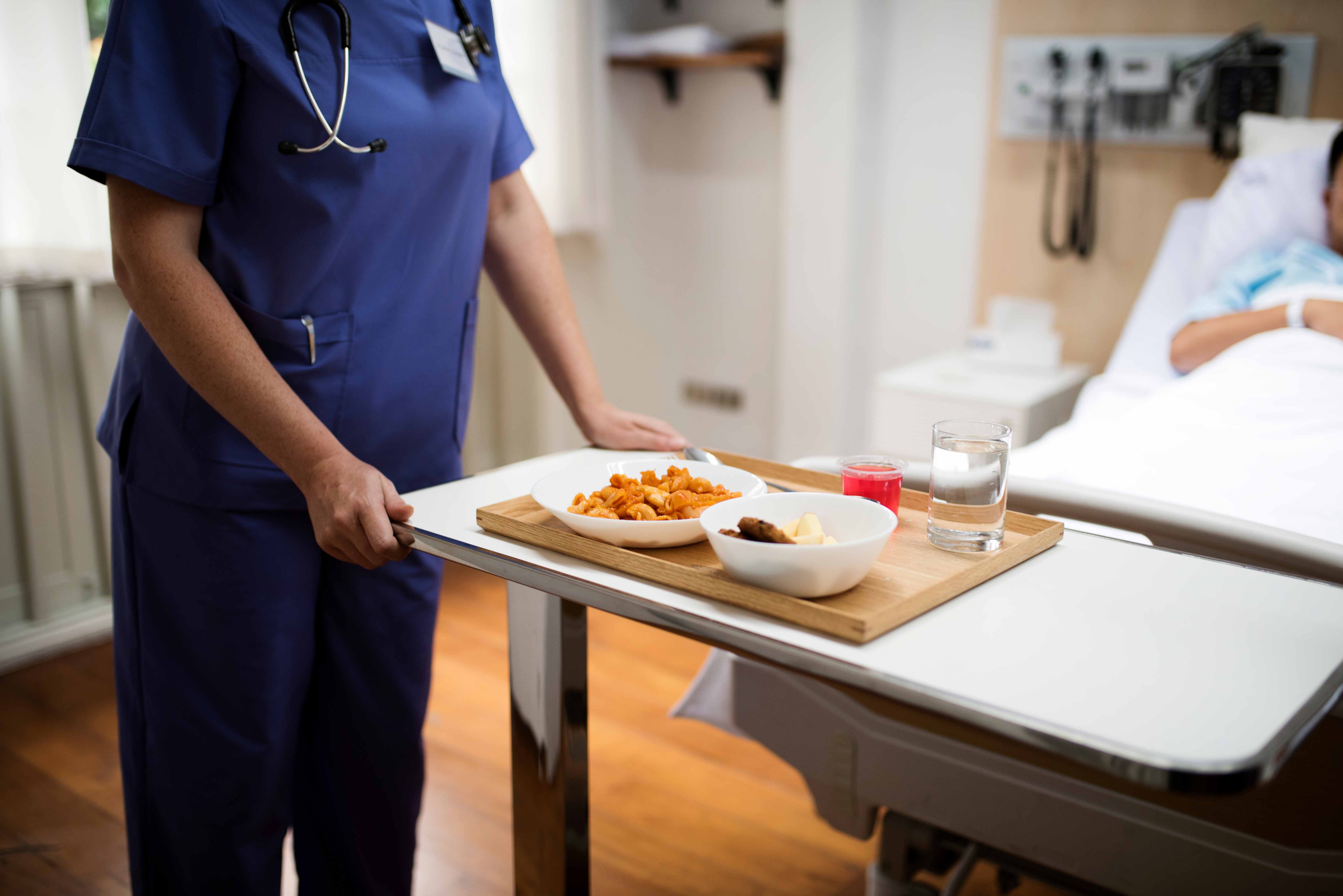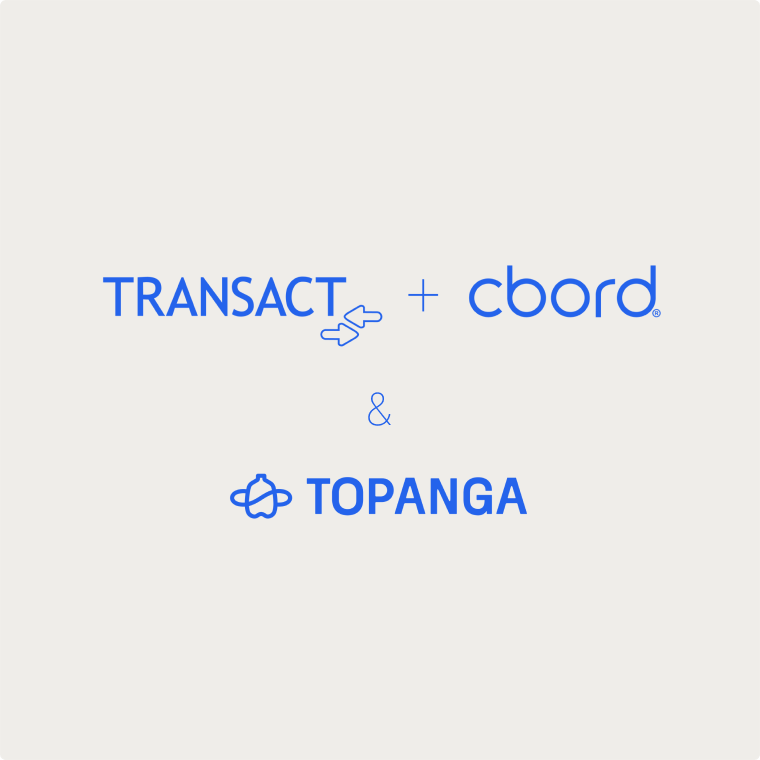Key Results
In the first year with ReusePass, Lehigh University:
- Achieved a 97% container return rate
- Completed 22.8k container rentals
- Prevented 2.1k pounds of single-use waste
- Had 47 rentals of the most-used container (for a per-use container cost of approximately $0.06)
“ReusePass stood out as the best fit because their platform offered the right combination of user-friendly technology, robust program management and responsive customer support, aligning perfectly with our vision for a more sustainable campus dining experience.”
– Erin Foertsch, Sodexo Marketing Manager, Lehigh University
Introduction
Lehigh University is a private research university in Bethlehem, Pennsylvania. With 7,692 students, Lehigh is known for its robust engineering programs and a student body that values innovation and sustainability. That forward-thinking mindset is reflected in the university’s own vision: to create a community where sustainability is woven into campus life. To support this mission, Lehigh is always looking for new ways to create lasting change.
In partnership with Sodexo, which manages the university’s culinary program, they identified on-campus dining as the ideal seting to introduce an intuitive, data-driven reusable container program. With innovation as a shared value in the campus community, finding a “good enough” solution for the single-use waste problem wasn’t an option. They needed something smarter.
Problem
The university’s previous reusables program was a deposit-based system that created more problems than it solved. It ran into two major roadblocks: there was no way to track individual containers, and the checkout process was difficult for cashiers to manage.
The lack of container tracking created a system with no accountability for students and staff. Because staff couldn’t see who had a container, many were lost or ended up in the trash. This led to a costly cycle of constantly repurchasing lost inventory, which ate into the dining budget and undermined the university’s sustainability efforts. It was clear they needed a new and improved system.
Solution
The university set out to find a solution that offered a seamless experience for its students and dining team. Erin Foertsch, Sodexo Marketing Manager at Lehigh University, shed some light on what the university needed in a reusables program. “We wanted a system that would not only be able to support our sustainability goals but also integrate seamlessly with our campus operations,” she said.
ReusePass stood out as the best fit for Lehigh Dining because the platform offered the right combination of user-friendly technology, robust program management and responsive customer support, aligning perfectly with the university’s vision for a more sustainable campus dining experience.
Program Design and Setup
Learning from the previous reusables program, Lehigh was determined to reduce single-use waste while maintaining the high-quality experience students expect. The dining team saw that the seamless integration between Topanga’s ReusePass, Grubhub, and Apex lockers would make it easy to expand into retail venues, so they wouldn’t need to overhaul any tech to scale reusables on campus.
August 2024: Residential dining
The university decided to implement mandatory reusable containers in two residential dining locations: Rathbone and Brodhead Dining Halls. It’s easy for operators to check out containers to students—on a mobile device, they use the Topanga ScanApp to scan both a container and a student’s unique QR code.
For students, the experience is just as smooth. Once checked out, they have three days to return the container and can easily track due dates by receiving SMS reminders or checking the ReusePass web app (no separate download required).
To solve the accountability issues that derailed the previous program, the dining team implemented a $5 late return fee. This policy drives high return rates, protects the university’s investment in its container inventory and ensures the program delivers a positive ROI.
For the returns process, they prioritized efficiency and accuracy by using RFID readers to bulk scan-in containers, instead of using the ScanApp to do so one-by-one. The decision to use RFID readers freed up dining staff time and built a scalable foundation, allowing the program to expand quickly and seamlessly across campus.
Initial ReusePass launch
To help the launch hit the ground running, the sustainability team focused on driving student engagement. Marayna Dorsey, Sustainability Coordinator at Lehigh University, explained what they experienced while promoting the program:
“Lehigh is a very sustainable-minded campus already. There was some excitement from the students, but we also did some tabling events where we had giveaways, and we posted on social media about the impact on the environment that using a reusable container instead of a disposable one would have.”
This strategy paid off, and ReusePass successfully launched in Rathbone and Brodhead Dining Halls in August 2024. To encourage widespread participation, the Lehigh Dining team decided that all takeaway meals from Rathbone and Brodhead would utilize ReusePass.
January 2025: Retail dining
Residential dining was just the first step for Lehigh. A few months after launching ReusePass in the two dining halls, they introduced reuse in the newly renovated Clayton University Center, which has eight separate retail shops (five with ReusePass).
Lehigh integrated ReusePass into existing Grubhub mobile ordering and Apex locker fulfillment flows. This allowed students to enjoy their food on the go without relying on single-use containers.
Here’s how it works: Students order their food on the Grubhub app and during that standard order flow, select the “reusable container” packaging option. Once the order is placed, dining staff pack the order into a ReusePass container and load the meal into a secure Apex Locker. Students receive a unique code to unlock the locker and pick up their food at their convenience – a no-wait experience that suits their busy schedules. These native integrations allowed the university to get ReusePass up and running quickly, and using RFID readers for scan-in preserved team time.
The team learned a lot during this process, and they made a few program tweaks to better accommodate diners’ needs. Requiring reusable containers for takeaway orders, for example, wasn’t ideal for parents and visitors who wouldn’t be back on campus to return them—so they introduced a single-use container option with a $3 surcharge. This approach allowed the university to stay true to its waste reduction goals while keeping the experience convenient and easy for everyone on campus.
About the residential and retail launches, Erin said,
“From our dining team’s perspective, the implementation has gone very smoothly since we launched this fully in the spring. They found that ReusePass is easy to manage operationally, and the support from the ReusePass team has been responsive and effective.”
Results
Since launching in August 2024, Lehigh's reusable program has succeeded where its previous one failed. ReusePass was smoothly incorporated in both students’ takeaway flows and staff’s shifts, proving that the program can fit into any campus operating model.
Students have really gotten behind the program, resulting in a 97% return rate. So far, they’ve completed 22,800 rentals, keeping 2,100 pounds of waste out of landfills.
Beyond its sustainability benefits, the program is also proving its financial and practical value, as the most-used container has already completed 47 rental cycles, bringing that per-use container cost down to just $0.06.
Explaining how ReusePass has impacted the university and its students, Erin said:
“The students have really appreciated this new tool. Our clients also appreciated that the program aligns with the university’s sustainability goals and provides an easy tech-enabled way to make an impact.”
Program Expansion
After a successful first year, Lehigh is still looking for new ways to better serve the campus community. More recently, the university has introduced a wider range of reusable containers, designed for everything from soup and pizza to sides and sauces. With this expansion, students now have a high-quality, reusable container option for every meal.
It’s been great working with Lehigh University and Sodexo to get their reusables program back on track, and we’re delighted to see the difference it's making. This just goes to show that reusable containers can be a seamless part of serving high-quality meals—you just need the right systems and incentives in place.
Interested in how ReusePass could improve your residential and retail dining programs? Request a demo today.
Interested in how Topanga could improve your dining program? Let’s chat.
We’ll walk you through how Topanga can support your goals and tailor a solution to fit your operation.



.avif)
.avif)



















.png)
.png)